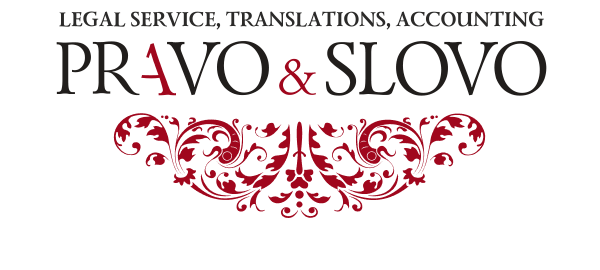Document Legalization for Monaco
In order for documents of one nation to be accepted by the official authorities of another nation, they need to be legalized. For Monaco, the form of legalization for documents from Russia entails the stamping of an apostille on them (simplified form of legalization according to the Hague Convention of 1961).
An apostille is a stamp of an established size on the back of a document. This stamp began being used to replace the multi-level, tedious legalization procedure that existed before it. An apostille is always stamped in the country where the document was issued or processed.
The legalization procedure is different for documents that were issued by state and commercial structures. Either an apostille is placed on official documents or full consular legalization is to be performed. In the case of commercial documents, either an apostille is to be stamped on them, or legalization is performed via the Chamber of Industry and Commerce.
Official document legalization
Official documents are issued or processed by state authorities or notaries (certificates, statements from civil registry offices, statements from the MIA authorities, education documents, powers of attorney, etc.).
The legalization procedure for official documents is as follows:
- the printing of an Apostille stamp on the original document (most often) or a notarial copy of the document;
- a translation into the official language of the country for which the document is being prepared;
- a notarization of the translation.
The translation can be attached to the original with a notarial copy or a xeroxed copy of the original. It’s best to ask your host party how exactly the translation is to be processed and whether it needs to be done in the Russian Federation at all.
Commercial document legalization
Documents are considered as commercial that pertain to the company’s operations (corporate documents, agreements in simple written form, bills, certificates, invoices, waybills, etc.).
An apostille cannot be stamped on commercial documents. In the best-case scenario, an apostille is stamped on notarial copies of these documents.
Commercial document legalization procedure via the Chamber of Industry and Commerce:
- notarization of the copy;
- a translation into the official language of the country for which the document is being prepared;
- notarization of the translation;
- placement of a seal in the CIC (Chamber of Industry and Commerce);
- certification of the document in the consulate of the destination country.
You can always order preparation of your documents from us for any country in the world. Still have questions? Write us or give us a call. We’ll be happy to answer any questions you may have!
Other articles on the topic
View articles




